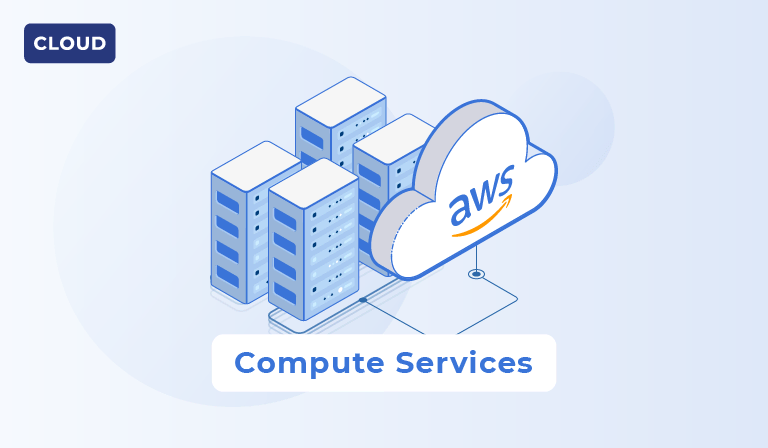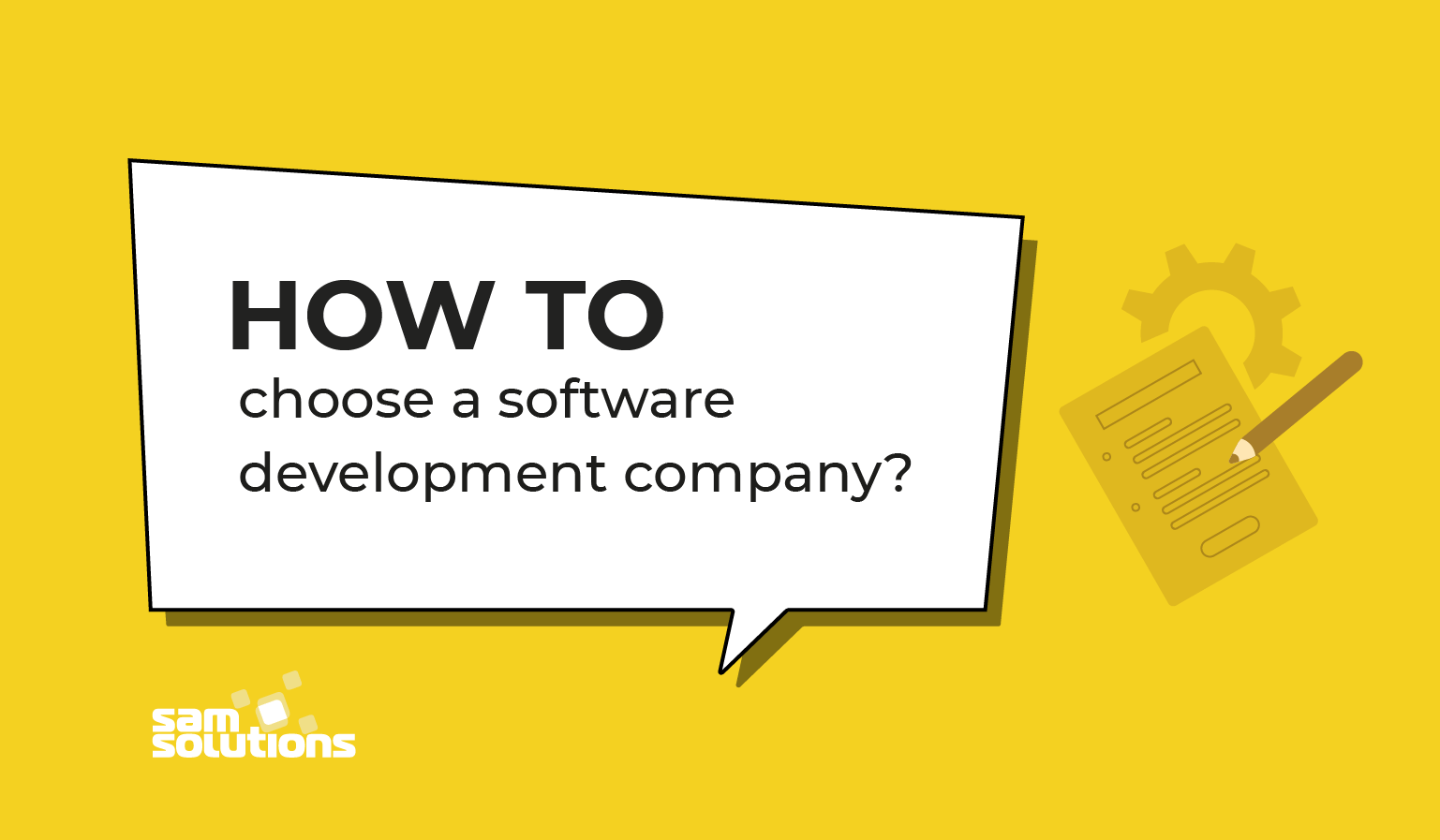
AWS Compute is a set of physical servers that power an operating system (OS) through provided memory, processing and storage infrastructure. When it comes to cloud computing, an operating system software installed on the server serves as a hypervisor providing a layer of abstraction on top of the hardware. This arrangement allows additional, separate operating systems to be run as containers via hardware virtualization, launching separate instances known as virtual machines (VM).
With AWS container systems, organizations can build and test software development technologies and deploy applications more efficiently and with more reliable security than with on-site computing. These AWS core services are available around the globe, and can facilitate development and deployment from the cloud to an end-user base with remarkable speed. In fact, one significant draw of AWS Compute for many organizations on the outskirts of data zones is the access to extended services via AWS Outpost infrastructure, and global, low-latency 5G application speeds through AWS Wavelength.
The flexibility provided by AWS Compute services provides businesses the ability to create VM instances without requiring fees above the cost of the resources used. This AWS technology does not incorporate licensing fees or contracts, but simply an agreed-upon package of tools to use the cloud platform for a transparent price. All AWS components are also developed and tested extensively, providing many tools to isolate and prevent compute failures.
As the original cloud computing provider, AWS offers multiple computing resources via a diverse set of services. Together, they allow Amazon’s millions of users to accomplish an astonishingly diverse array of workloads both within the cloud and on the edge. Depending on the level of control, security, and innovation your organization needs, the full suite of Amazon Compute services provide functionality to suit every organization.
Of course, not every organization needs every AWS Compute service. However, this AWS solution overview briefly describes the most critical AWS Compute options available. These services include:
- Amazon EC2
- Amazon EC2 Auto Scaling
- Amazon Elastic Container Registry
- Amazon Elastic Container Service
- Amazon Elastic Kubernetes Service
- Amazon Lightsail
- AWS Batch
- AWS Elastic Beanstalk
- AWS Fargate
- AWS Lambda
- AWS Serverless Application Repository
- AWS Outposts
- VMware Cloud on AWS
Amazon EC2
Amazon EC2 is a service that offers flexible cloud computing capacity geared toward web-scale computing and software development. There are several instance use options available for Amazon EC2, each identifying the amount of compute capacity an organization truly uses in a different way. These include on-demand instances with an hourly pay rate, reserved instances that come at an hourly-rate discount with additional reserved space available, and spot instances, discounted highly because they take advantage of unused cloud capacity.
Amazon EC2 Auto Scaling
Amazon EC2 Auto Scaling is a service that helps organizations maintain their EC2 applications, automatically adding or removing EC2 instances based upon their unique needs. Amazon EC2 Auto Scaling can also be used on a larger scale to manage fleet availability with dynamic and predictive scaling functionalities.
Amazon Elastic Container Registry
Amazon Elastic Container Registry is a registry for the storage, management, sharing, and deployment of Docker container images. The service hosts the images in order to simplify the development process and prevent organizations from having to worry about maintaining container repositories. Container images are registered within the AWS architecture, ready for reliable deployment.
Amazon Elastic Container Service
Amazon Elastic Container Service is a service that supports Docker containers and helps orchestrate scalable, containerized applications. With this, customers can access all the features of their applications via the cloud, including launching, stopping and querying features via API calls.
Amazon Elastic Kubernetes Service
Amazon Elastic Kubernetes Service helps run the Kubernetes management infrastructure for a business spanning multiple Availability Zones. Any application running on the standard Kubernetes environment is available for smooth migration to this system, and can run the plugins of Kubernetes partners.
Amazon Lightsail
Amazon Lightsail is a centralized, cost-effective solution for managing a virtual private server using AWS. This service includes access to virtual machines, DNS management, SSD storage models and more for an affordable price. Lightsail is designed for high scalability as an organization grows.
AWS Batch
AWS Batch is a system for running batch computing jobs based upon specific computing volumes and requirements set by an organization’s developers and engineers. This keeps businesses from having to install and self-maintain bulky batch computing software just to run individual computing jobs, allowing them to focus on the data.
AWS Elastic Beanstalk
AWS Elastic Beanstalk allows organizations to develop and deploy scalable applications and AWS web services using a variety of programming languages, including Java, Ruby, Python, Go, PHP, .NET, Node.js, and Docker. Organizations must simply upload the code, while Elastic Beanstalk handles provisioning, scaling, and load balancing—yet, it is still possible to access any of these resources for full control at all times.
AWS Fargate
AWS Fargate is an engine for Amazon Compute that runs containers without the need for close server or cluster maintenance on the part of the customer. This means that organizations don’t need to spend precious time building and managing the infrastructure behind their applications.
AWS Lambda
AWS Lambda is a service that allows users to run code without the need for managing servers or provisions. Lambda allows serverless computing without administration or any charges outside of the price for the time spent computing. Instead, it applies the precise amount of computing power to a ZIP file or container image to run code for any request or event.
AWS Serverless Application Repository
AWS Serverless Application Repository services allow you to deploy applications, code and components rapidly for both web and mobile use. Serverless applications speed up data processing, monitoring and more.
AWS Outposts
AWS Outpost enables customers to tap into AWS infrastructure to make use of services and operating models from any data center—or even on-premises servers. These outposts can be used for teams supporting workloads that require on-site speeds and processing, all while supplying the hybrid functionality of AWS offerings.
VMware Cloud on AWS
VMware Cloud on AWS is a joint development between Amazon and tech services company VMware. It is designed to bring scalable solutions to businesses migrating or extending their on-premises environments over to the AWS cloud system.


